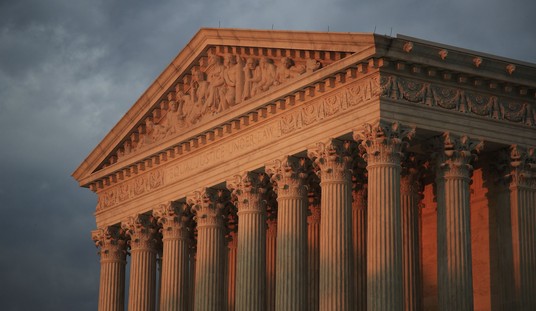With the Summer of Trump behind us, the GOP presidential primary race is beginning to take shape.
The sharp decline and hasty exit of Wisconsin Gov. Scott Walker leaves only four truly competitive candidates for the Iowa Caucuses on Feb. 1: Sen. Ted Cruz (R-Texas), Donald Trump, Ben Carson and former Arkansas Gov. Mike Huckabee.
Advertisement
Cruz has the strongest ground game of that group and is the best-funded. Carson is better organized than most realize, but has an unproven team and is an unproven candidate. I agree with many experts who believe we now have seen Trump's peak in polling, and Huckabee probably has a 20 percent ceiling.
If Cruz wins Iowa, conservatives will unite behind him quickly.
The GOP field has 15 active candidates, but it will narrow further before year's end - and perhaps by the end of October once fundraising figures are made public and the CNBC debate occurs.
What matters now is, where are you competing?
Iowa has those four competitors - and Cruz has as good a chance as any of them.
New Hampshire has former Florida Gov. Jeb Bush, Ohio Gov. John Kasich and perhaps New Jersey Gov. Chris Christie.
The top two candidates in both contests will survive and advance.
With an eye toward the early states next year, the recent CNN debate was a clarifying moment for the campaign.
It again offered voters a chance to see Trump's complete lack of policy depth.
It allowed Carly Fiorina to rise into the first tier and ensure that she will be in every prime time debate going forward. With one simple statement, she badly damaged Trump with women by cleverly responding to his attack on her appearance.
Recommended
Advertisement
The CNN debate massively helped Fiorina and somewhat damaged Trump. Everyone else was lost in the middle.
Cruz was solid, substantive and delivered some good points on the Iran Deal and Planned Parenthood. He did not make headlines and he did no damage to himself.
And from that position, Cruz has been incredibly steady, making progress every day. He has an excellent political organization and is building a national organization with an eye toward the "SEC primary" on March 1.
It is entirely possible that on March 2, Cruz will have the most delegates in the GOP field.
On March 1, Cruz is likely to receive at least two-thirds of the delegates that Texas offers that day.
As the field will continue to narrow, he will consolidate support as the strongest conservative in the race and a viable alternative to Trump.
Sen. Marco Rubio (R-Fla.) and Bush are the two most likely establishment finalists.
Cruz's team had made a calculation that the GOP primary will result in a final head-to-head matchup of a conservative grassroots candidate and Jeb Bush. It may turn out to be a conservative grassroots finalist and Trump.
This strategic approach benefited Cruz in his long shot bid for the U.S. Senate in 2012. At that time, he knew that in the primary, Lt. Gov. David Dewhurst was the front-runner; but in a primary runoff, Dewhurst would become the long shot. So forcing the runoff was the whole ball game.
Advertisement
This scenario may be playing out again. If Cruz can be a finalist against either Bush or Trump, he believes he becomes the front-runner.
Cruz's team thought Bush would be the long shot in a final race against a conservative candidate. But Trump has turned the race upside down.
What Cruz has going for him: a reliable candidate performance, well-funded campaign, strong political organization, enthusiastic base support, real path in Iowa and South Carolina, and the second-richest Super PAC.
What Cruz has working against him: the hatred of the GOP establishment and questions about his electability.
Cruz has a very real path to the GOP nomination; every day his chances improve.
If he is the nominee against Hillary Clinton, it will be a fantastic contrast.

























Join the conversation as a VIP Member